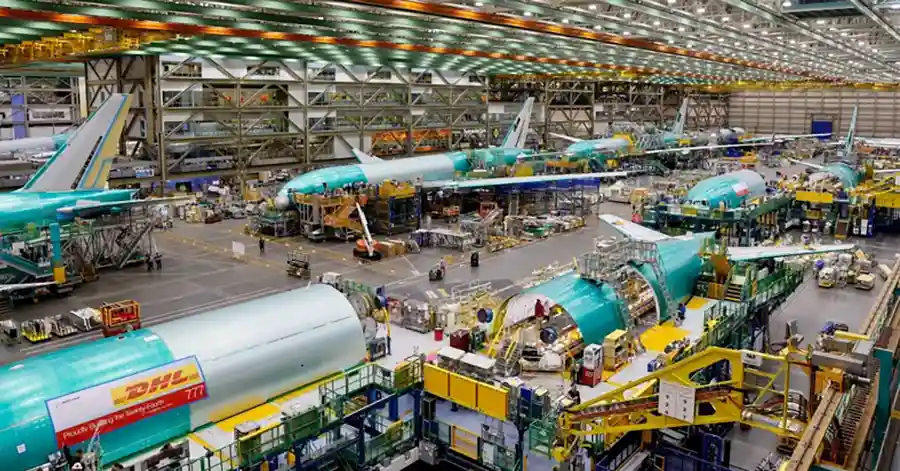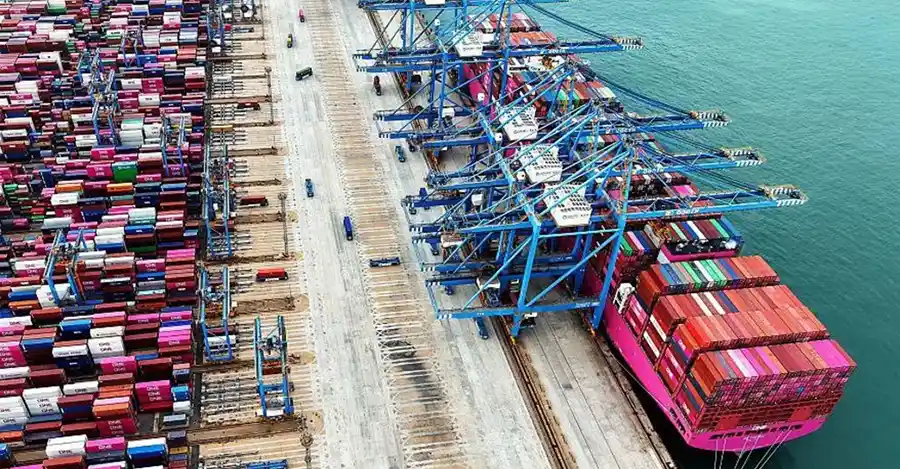Apple Inc. is intensively lobbying the Indian government to amend a decades-old income tax regulation that threatens to impose billions of dollars in additional taxes on the technology giant. The critical issue centers around the company’s ownership of sophisticated iPhone manufacturing equipment provided to contract manufacturers operating across India’s rapidly expanding smartphone production landscape.
This high-stakes taxation challenge has emerged as a significant obstacle to Apple’s ambitious expansion plans in India, where the company has been aggressively diversifying its manufacturing operations beyond China. The 1961 Income Tax Act currently classifies foreign ownership of manufacturing equipment as creating a “business connection,” which would make Apple’s global iPhone profits subject to Indian taxation—a scenario the Cupertino-based company is determined to prevent.
India’s Growing Importance in Apple’s Manufacturing Strategy
Apple’s strategic pivot toward India has accelerated dramatically in recent years, transforming the South Asian nation into a crucial manufacturing hub. According to Counterpoint Research, iPhone’s market share in India has doubled to 8% since 2022, reflecting both growing consumer demand and increased local production capabilities.
The manufacturing shift away from China has been remarkable. While China still dominates global iPhone shipments at 75%, India’s contribution has quadrupled to an impressive 25% since 2022. This dramatic expansion underscores India’s emergence as Apple’s second-largest manufacturing base and highlights the critical importance of resolving the current tax complications.
The $5 Billion Investment Dilemma Facing Apple
Apple’s primary contract manufacturers in India—Foxconn and Tata—have collectively invested more than $5 billion to establish five state-of-the-art manufacturing plants across the country. However, millions of dollars from these investments have been allocated to acquiring expensive, specialized machinery essential for precision iPhone assembly operations.
The manufacturing equipment required for iPhone production represents cutting-edge technology with price tags that can reach billions of dollars. These sophisticated machines handle intricate processes including component placement, circuit board assembly, quality control testing, and final product inspection—all requiring substantial capital investment.
How Apple’s China Model Differs from India Requirements
In China, Apple successfully operates under a business model where it procures manufacturing machinery and provides it to contract manufacturers while retaining ownership. Crucially, this arrangement does not trigger tax obligations for Apple in China, allowing the company to maintain operational flexibility and cost efficiency.
However, India’s 1961 Income Tax Act creates a fundamentally different scenario. Under current Indian tax legislation, Apple’s ownership of manufacturing equipment would establish what authorities classify as a “business connection” with India. This legal designation would potentially subject Apple’s entire global iPhone revenue stream to Indian taxation—a prospect that could result in billions of dollars in additional tax liability.
Apple’s High-Level Lobbying Campaign
Senior Apple executives have conducted multiple rounds of discussions with Indian government officials in recent months, advocating for legislative modifications to the six-decade-old tax law. The company argues that updating this legacy regulation is essential for attracting additional foreign investment and enhancing India’s competitiveness in the global smartphone manufacturing ecosystem.
“Contract manufacturers cannot put up money beyond a point,” explained a senior industry source familiar with the negotiations. “If the legacy law is changed, it will become easy for Apple to expand … India can become more competitive globally.”
This revelation marks the first public reporting of Apple’s specific concerns and active lobbying efforts regarding India’s income tax legislation, highlighting the significance of this issue to the company’s long-term Asian manufacturing strategy.
Government’s Cautious Approach to Tax Reform
Indian government officials have confirmed that discussions regarding taxation rules affecting Apple are ongoing, but New Delhi is proceeding cautiously. Any modifications to the Income Tax Act could potentially diminish India’s sovereign authority to tax foreign corporations operating within its borders—a sensitive political and economic consideration.
“It’s a tough call,” acknowledged a senior Indian official involved in the deliberations. “India needs investments. We have to find a solution.” This statement reflects the delicate balance India must strike between attracting foreign investment and maintaining tax sovereignty.
Legal Precedents Complicate Apple’s Position
Indian tax experts frequently cite a landmark 2017 Supreme Court ruling involving Formula One as relevant precedent. The court determined that even though F1 did not own the racing circuit near New Delhi, the organization remained liable for taxes on profits earned during days when it exercised operational control during the Grand Prix India event.
Applying similar legal reasoning to Apple’s situation, ownership of manufacturing machinery inside Indian iPhone factories would constitute exerting control under current law, according to legal experts.
“If the activities of Apple constitute a business connection, then the global revenue may be used as a basis to compute the income attributable in India, leading to billions in tax exposure,” warned Riaz Thingna, a partner at Grant Thornton Bharat LLP.
Foxconn’s Massive India Operations Highlight Stakes
Taiwan-based Foxconn, Apple’s largest contract manufacturer in India, has experienced explosive growth. The company shipped iPhone products worth $7.4 billion by August 2025, nearly matching the entire 2024 full-year total of $7.5 billion, according to commercially available customs data.
This exponential growth trajectory demonstrates both the scale of current operations and the potential future expansion that could be jeopardized if the tax issue remains unresolved.
Samsung’s Different Approach Avoids Tax Complications
Interestingly, Apple’s major competitor Samsung faces no similar taxation concerns in India. The South Korean electronics giant manufactures nearly all its smartphones in company-owned Indian factories, eliminating the contract manufacturing arrangement that creates Apple’s tax vulnerability.
This structural difference in manufacturing strategy highlights how business model choices can have significant tax implications in different regulatory environments.
Industry Association Backs Apple’s Position
The India Cellular & Electronics Association (ICEA), an influential industry group that supports Apple’s interests, has submitted confidential representations to the Indian government advocating for changes to the tax law. The association emphasizes that tax certainty is “paramount for businesses seeking to expand and scale” their operations.
In its submission, ICEA explained that “typical CMs (contract manufacturers) are unable or unwilling to invest in such large quantities of specialized equipment … The cost of the equipment can rise to billions of dollars,” though the organization strategically avoided naming specific companies.
India’s Smartphone Manufacturing Ambitions
Smartphone manufacturing represents a cornerstone of Prime Minister Narendra Modi’s “Make in India” initiative, designed to transform the country into a global manufacturing powerhouse. However, India’s deputy IT minister privately acknowledged last year that competitors like China and Vietnam could maintain advantages as major smartphone export hubs due to their lower tariffs on phone components.
This admission underscores the competitive pressures India faces and the importance of creating favorable conditions for companies like Apple to expand operations.
Apple’s Retail Expansion Signals Long-Term Commitment
Since 2023, Apple has opened several directly-owned retail stores across major Indian cities, complementing its existing distribution through online platforms and offline partners. This retail expansion demonstrates Apple’s long-term commitment to the Indian market, making resolution of the tax issue even more critical.
For more information about Apple’s global operations and manufacturing strategy, visit Apple’s Investor Relations website.
The Path Forward for Apple and India
As negotiations continue between Apple executives and Indian government officials, both parties recognize the mutual benefits of finding common ground. Apple needs clarity on tax treatment to justify continued expansion, while India seeks to attract the foreign investment and job creation that comes with expanded manufacturing operations.
The outcome of these discussions will likely influence not only Apple’s future investment decisions but also signal to other multinational corporations how India balances tax sovereignty with creating an attractive business environment for foreign manufacturers.






















Comments